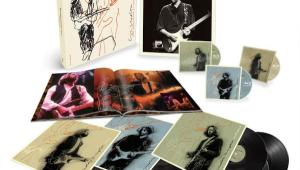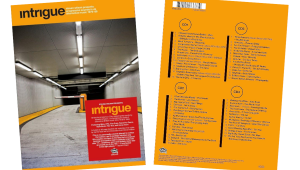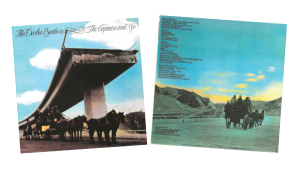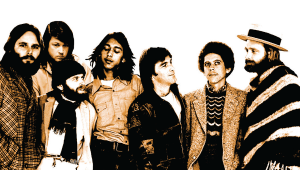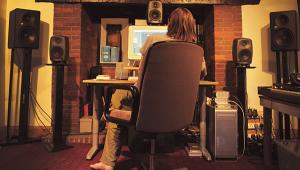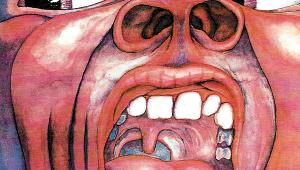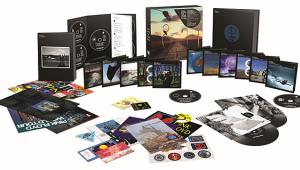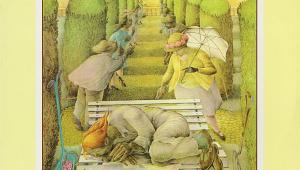Tracking Surround: Genesis Page 6
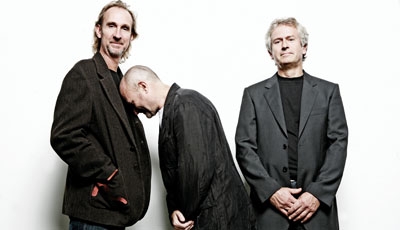
Which makes the surround mix of And Then There Were Three all the more of a letdown - though an expected one. Hackett has always been missed on this transitional, progressive-to-pop album - and as Collins admits in his interview, "the songs were kinda short and a little inconsequential." Understatement of the set - but, to his credit, at least he does state it. The original soundstage is a little inconsequential, too. Notice how the opening acoustic guitar of "Snowbound" is much thinner than that of Wind's "Your Own Special Way" - and how the choruses of Three are more artificial and less expansive, less widescreen than their predecessors.
Indeed, Davis has much less to work with here, and he seems uninspired in his mix. Most of it is denser, more front-heavy, and not as circular as before. The surround channels lack their previous authority, except in one notable case (surprise! surprise!): "Follow You Follow Me," where keyboards and percussion blossom nicely in the rear. I dare say, there's more playing on this song than you may recall - and revisited today, it's actually one of the most appealing tracks on the album. Then again, you may not want to follow me there ...
But you will want to follow Davis to Duke - which, speaking of surprises, is the biggest one of the set. The album has always been considered a comeback after Three, but in surround it comes back bolder than ever before. Here, Davis gets his multichannel groove back, leaping into "Behind the Lines" by pulling sound from the left and right front to the back of the room, allowing more space between the instruments again. The opening of "Duchess," with its echoing drum machine and keyboards, is all atmospheric ebb and flow. And -
Okay, enough, you're saying. What about "Turn It On Again"? Does it, y'know, kick ass? And at the end of Duke, what about ... "Duke's End"?!
Well, on "Turn It," the vocal moves almost exclusively to the center channel, where Collins sounds suitably lonely. But the spread of the instruments means that the tantalizing riff isn't really the focal point anymore, and to be honest, the mix pulls away some of the drama it always had on the radio. But "Duke's End" - prefaced by the far-flung "Duke's Travels," complete with drum rolls all around - is an audacious conclusion indeed, as the surround mix lends the music both power and glory.

